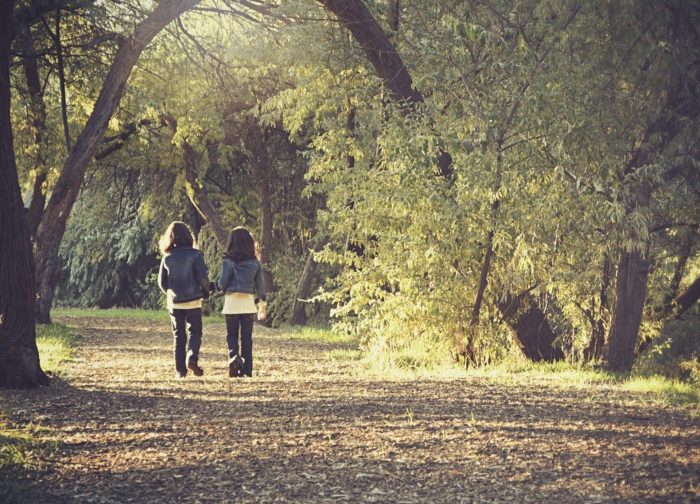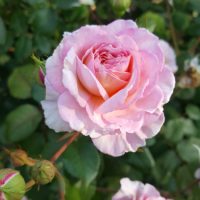This poem arose from a part of myself that sees the world as simply as a child.
She has not yet had time to witness or understand injustice. She has not internalised the doubts and pangs of modern life. She insists that all of our problems would be solved if we could just be nice to each other—it’s as simple as that.
I am tempted, at times, to dismiss her idealistic vision of the future.
I tell her that there are too many hurdles to overcome: socio-economic divisions; inequalities that have become deeply embedded in the human psyche over the centuries; environmental crises that threaten to overwhelm us. Yet, she continues to insist that in time, we will return from our wars.
I wrote this poem after taking the time to listen to my beautifully, outrageously, idealistic inner child.
She imagines a world in which we view one another not with hostility but with open hearts and understanding. In this world, we revere ancient customs, respect all that has been, and live in hope for what lies ahead.
We Will Know What it is to Hope Again
In time, we will return from our wars:
Buttressed, perhaps, by the thinnest shred of will
or beset by a soul-deep weariness
that has settled into our bones.
Yet still, miraculously,
here.
We will sit on the riverbank, as we did in the days of old,
to watch clear water bubble and skip over stones
and listen to life as it whispers our names:
calling us to live courageously.
To live again.
At night, we will gather by a freshly lit fire
to break bread and share our stories.
The elders will smile when we point at the skies,
as children do,
to trace our travels through a map of stars.
Hand in hand, we will find our way
back to the ancient wishing well
where we once dropped a shining pebble
into unknowable depths.
Then gazed at one another
with truth and trust.
We knew a sign of hope would soon come.
Despite our wars and weariness,
in a world that has forgotten its magic,
we will know what it is
to hope again.
~


 Share on bsky
Share on bsky





Read 2 comments and reply